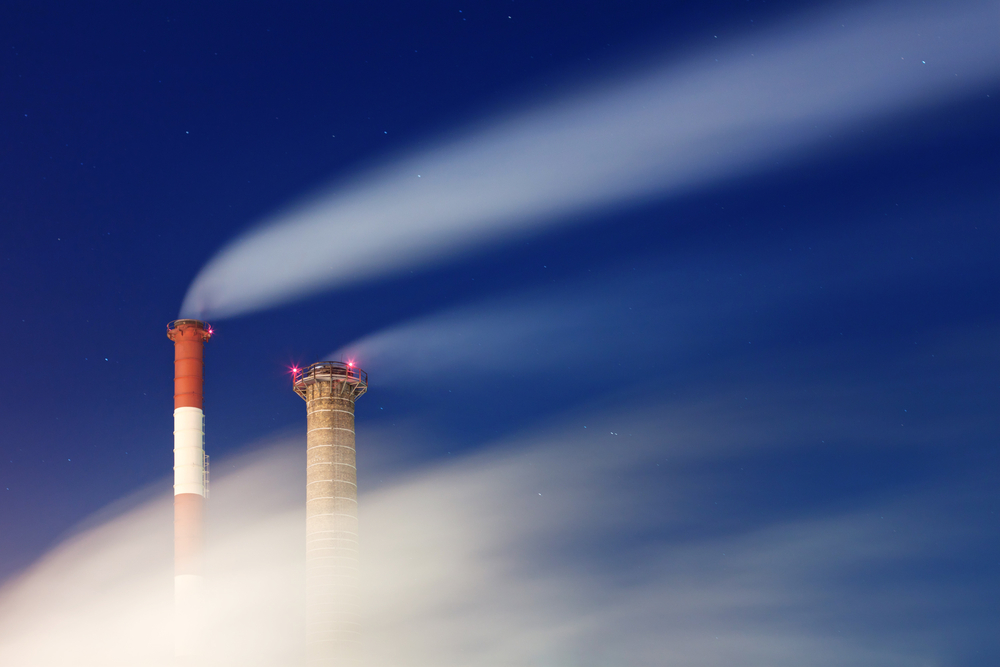Finding a Consensus by Degree

Please note that we are not authorised to provide any investment advice. The content on this page is for information purposes only.
Today, almost 200 nations have united in a global agreement on global change. However, the efforts of a few can still undermine the hopes of the many.
After the 1992 Kyoto Protocol, it took almost a quarter of a century to achieve the Paris accord. . For the first time, it obligates both advanced nations as well as emerging and developing economies into reducing greenhouse-gas emissions.
Long-term challenges
Today, almost 200 nations have united in a global agreement on global change. However, the efforts of a few can still undermine the hopes of the many.
After the 1992 Kyoto Protocol, it took almost a quarter of a century to achieve the Paris accord. . For the first time, it obligates both advanced nations as well as emerging and developing economies into reducing greenhouse-gas emissions.
Long-term challenges
However, the Paris consensus remains fragile. Advanced nations want less pollution but are not eager to pay penalties for their historical pollution. Emerging economies want change but hope to industrialize as well. Island nations seek the toughest targets to avoid sinking under the sea level.
Second, the Paris accord requires governments to hold the rise in average global temperatures to “well below” 2 degrees Celsius relative to pre-industrial levels, while nations must subsequently work on limiting the increase to 1.5 degrees. Still, current national plans would still allow temperatures to rise by 3 degrees by the end of the century. That timeout may have far more severe consequences than anticipated.
Third, the accord compels governments to reassess and resubmit their emission targets every half a decade, starting in 2023. To defuse global warming to 1.5 degrees, human emissions of carbon dioxide – primarily from coal, oil and gas – must go down to zero by 2050. The real question is whether such promises can cope with the ultimate costs of containing global warming.
Finally, the body of the Paris accord is said to be binding under international law. However, due to US objections, key elements of the deal, including the national plans to limit emissions and specific commitments to provide financial aid are released separately or mentioned only in legal decisions accompanying the deal.
That was critical to President Obama to ratify the agreement without sending it to Congress. Most Americans applaud the deal. Washington is a different story.
Short-term challenges
Indeed, national decisions could well undermine global unity about global warming, if the key political actors depend on oil, gas and coal financiers in campaign financing.
In Washington, any climate-change bill must cope with Republican resistance. Senate Majority leader Mitch McConnell has warned Obama “making promises he can’t keep” on climate deal, while Speaker of the House Paul Ryan thinks, “science doesn’t get climate change.” In the Republican 2016 race, the lead belongs to Ted Cruz and Donald Trump. While Trump says that he “doesn’t believe in climate change,” Cruz thinks, “the data doesn’t support climate change.”
Cruz’s campaign is funded by billionaires Robert Mercer, Toby Neugebauer, Dan and Farris Wilks. Mercer is a hedge-fund magnate. Neugebauer heads energy private equity giants. Wilks brothers made their money in hydraulic fracking. Neither they nor Cruz will support Paris accord, which would shrink oil and gas profits.
While 99% of the world would like to defuse negative climate change scenarios, the 1% that relies financially on oil, gas and coal will fight change.
After Paris, James Hansen, the former NASA scientist who many consider father of climate change awareness, warned that the accord is more promises than action. He believes that greenhouse gas emissions should be taxed across the board. Instead of Washington, he believes more in Chinese leadership “but they will need cooperation,” he adds.
The struggle against climate change did not end in Paris. It has only started. What matters in this future battle is not where Washington has failed in the past but where China could succeed in the future.
How 1% Could Derail the Paris Climate Accord of 99% is republished with permission from The Difference Group




